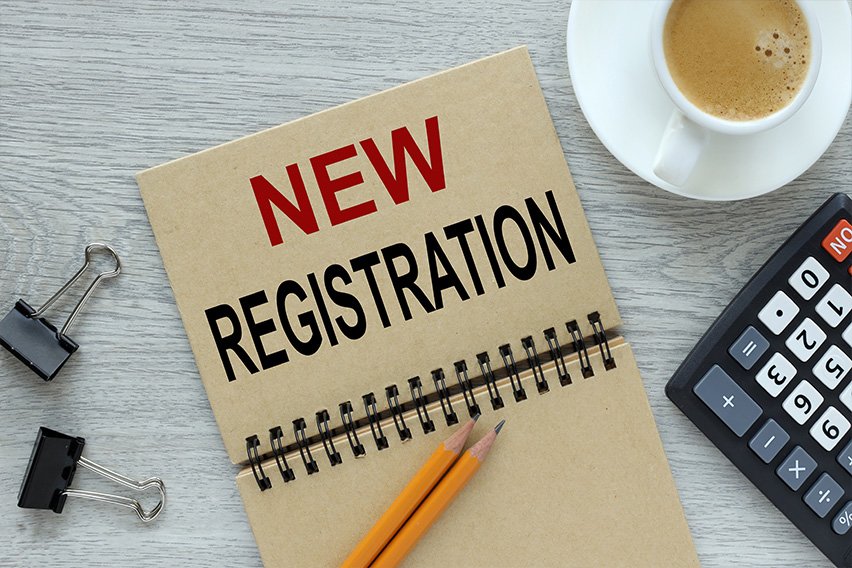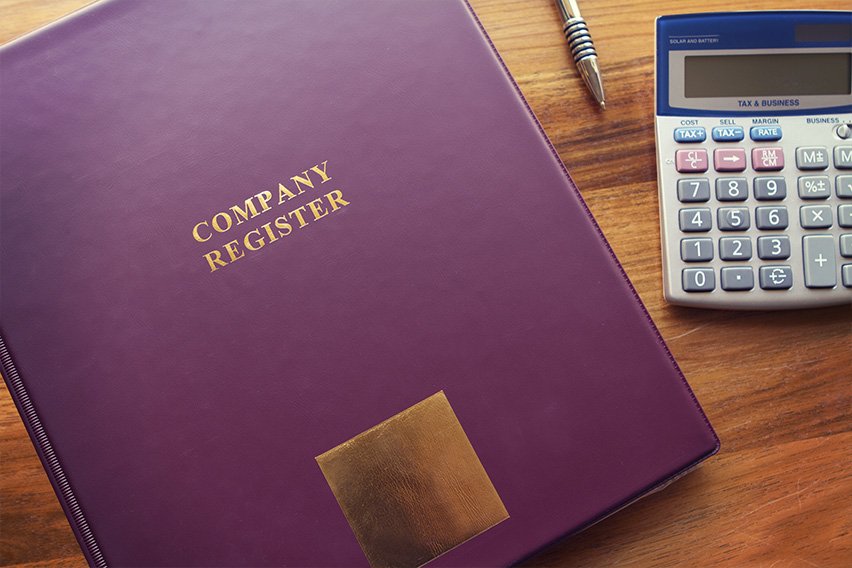How to Calculate Business Startup Costs: An Essential Guide

You might think that starting a business is simple, financially. Unfortunately, not all business startup costs are clear. There are some that you may not consider until you’ve begun the process. Some business expenses might occur that you’ve never even heard of. Business owners will tell you that startup expenses are more than just office space and furnishings. If you’re contemplating starting a business, learn how to calculate your costs here!
Here’s What We’ll Cover:
What are Business Startup Costs?
Costs That Occur After Business Has Started
How Much Does it Cost to Start a Business in the UK?
What are Business Startup Costs?
Any good business plan will go through the task of calculating business startup costs. These are the organizational costs that occur during the creation of a new business. Some are one-time expenses, while others are ongoing expenses. Regardless, understanding and budgeting for all of the possible costs is crucial to success. Startup costs require planning and accounting, and if a business neglects this then they are less likely to thrive.

Common Business Startup Costs
There are some common business startup costs that should always be considered when doing calculations. They’re all listed below and are all necessary to start a business.
A Business Plan
Believe it or not, a business plan should be part of your startup costs. Business plans take time to create, and often require professional services to polish. They’re a road map and a financial plan to present to possible investors. Without this part of your financial plan, you’ll be less likely to secure funding. Startup funding is crucial to getting a business off the ground.
Research
Research is a necessary part of any startup. The company needs to be able to prove that it’s viable in the market. If research is neglected, a company may enter the market offering products that are unnecessary.
Borrowing Costs
Borrowing costs take into account the business loans received for a startup. This includes interest on loan payments, as well as any fees applied to debts over time. Borrowing costs make up a large portion of startup costs until they are paid off.
Business Insurance and Business License Fees
Businesses are required to have insurance, and as such they will have insurance payments to make. There may also be a requirement for commercial property insurance when selecting where your business will live. Business licensing and permitting are also necessary costs to factor in.
Tech Expenses
In today’s world, businesses need technology to thrive. This includes digital marketing costs and software needs. Many businesses can’t function without business accounting software. They also need content marketing and advertisements to create an online presence. Without it, they may be doomed.
Office Equipment and Basic Supplies
If your business is going to exist in a physical space, office equipment and basic supplies are necessary. You’ll need office furniture, fixtures, and office supplies to get started. Without them, daily tasks won’t be completed.
Costs That Occur After Business Has Started
Everything mentioned prior to this is related to setting a business up. However, they aren’t the only business startup costs. Startup also includes post-opening costs, such as the ones below:
- Employee Costs: Hiring employees will require additional funding. You’ll need to take into account employee salaries, employee benefits, and employee training. All of these will cost money for your business.
- Promotion: While online advertising was mentioned prior, it’s worth mentioning again. Promotion is key in this world. Without paying for promotion and advertising, a business likely won’t get far.

How Much Does it Cost to Start a Business in the UK?
Most businesses have reported that it takes about £5,000 to launch. However, that doesn’t take into account all of the costs spent during the startup period. As a general rule of thumb, the startup period is about a year before everything is off the ground. Small businesses have reported that additional startup costs amount to about £23,000 in the first year. Those costs break down into the following categories:
- Legal Costs: £6,500
- Accountancy: £4,000
- Human Resources: £4,500
- Company Formation: £8,000
Most people state that they underestimated their startup costs by about £2,000. As such, building a cushion to provide that is recommended.
Key Takeaways
Starting a business isn’t cheap. In fact, it takes a lot of work and money before you can start earning money. As such, calculating your startup costs before you dive in is suggested. Understanding the needs of your business and their associated costs is a recipe for success. If you want more small business articles like this, visit our resource hub! We love supporting small businesses.
RELATED ARTICLES

 How to Start an Online Store: 10 Steps to Follow
How to Start an Online Store: 10 Steps to Follow How to Start a Limited Company in the UK
How to Start a Limited Company in the UK What is a Sole Trader: Meaning, Role, and Pros & Cons
What is a Sole Trader: Meaning, Role, and Pros & Cons How to Register a Business Name in the UK
How to Register a Business Name in the UK UK Small Business Grants: What are They and How Do I Apply?
UK Small Business Grants: What are They and How Do I Apply? How Do I Register a Limited Company in the UK?
How Do I Register a Limited Company in the UK?